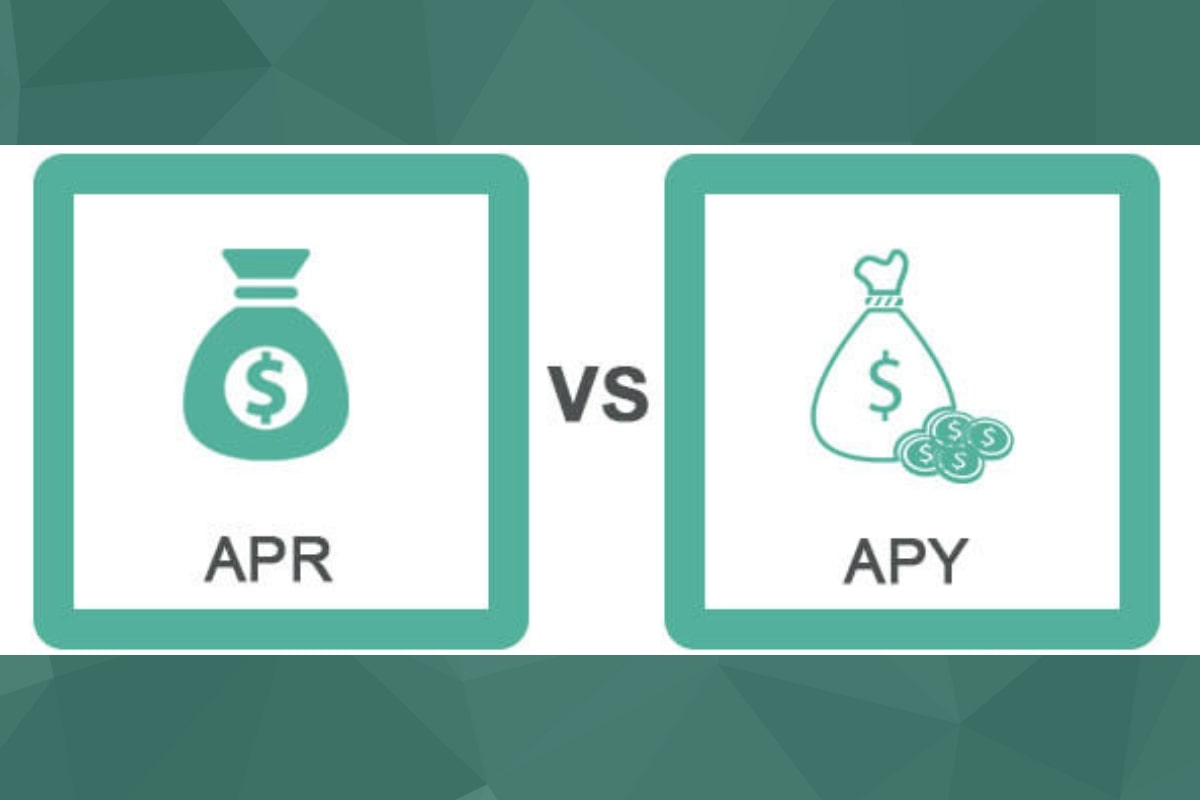Home>Finance>Group Of Ten (G10): Definition, Purpose, And Member Countries


Finance
Group Of Ten (G10): Definition, Purpose, And Member Countries
Published: December 2, 2023
Learn about the G10, a group of ten countries focusing on finance. Discover their definition, purpose, and member countries.
(Many of the links in this article redirect to a specific reviewed product. Your purchase of these products through affiliate links helps to generate commission for LiveWell, at no extra cost. Learn more)
What is the G10?
When it comes to matters of global finance and economic policies, the Group of Ten (G10) plays a crucial role. It is an assembly of ten influential countries that come together to discuss and coordinate international financial matters. In this blog post, we will dive deep into the world of G10, exploring its purpose, member countries, and significance in global economics.
Key Takeaways:
- The Group of Ten (G10) is an assembly of ten countries that coordinate international financial matters.
- G10 member countries include the United States, Japan, Germany, France, the United Kingdom, Italy, Canada, Belgium, the Netherlands, and Sweden.
What is the Purpose of the G10?
The primary purpose of the G10 is to provide a platform for advanced economies to collaborate, discuss, and address global financial challenges. This influential group serves as a forum for member countries to discuss policies and coordinate actions relating to international monetary and financial systems.
The G10 aims to:
- Promote economic and financial stability globally
- Address issues related to currency stability and exchange rates
- Foster cooperation in areas of financial regulation and supervision
- Facilitate dialogue between central banks and finance ministers
Who are the Member Countries of the G10?
The G10 consists of ten member countries that have historically been major players in global finance. These countries include:
- United States: As an economic powerhouse, the United States wields significant influence in global financial affairs.
- Japan: As a leading economy, Japan plays a pivotal role in decision-making within the G10.
- Germany: Germany’s strong economy makes it a key player in shaping global financial policies.
- France: France’s economic prowess and its position within the European Union give it a prominent voice in the G10.
- United Kingdom: The UK’s financial center in London and its economic strength contribute to its role within the G10.
- Italy: Italy, with its significant contribution to the Eurozone, is an influential member of the G10.
- Canada: Canada’s stable financial sector and its large-scale resource-based economy earn its place in the G10.
- Belgium: Belgium, serving as the headquarters of the European Union and NATO, is an important member of the G10.
- Netherlands: The Netherlands’ well-developed financial sector and its trade power make it a significant G10 member.
- Sweden: Known for its strong welfare system and financial stability, Sweden plays a notable role within the G10.
These ten countries work together to address global economic challenges and shape the international financial landscape.
The Significance of the G10
The G10 holds immense significance in the world of global finance and economics. Its member countries collectively possess a significant share of global economic output and financial markets. Through discussions and cooperation, the G10 strives to maintain economic stability, establish exchange rate stability, and foster financial cooperation among the member countries.
The G10’s recommendations and actions can have far-reaching effects on global markets, influencing central banks, finance ministries, and institutions worldwide. Its decisions impact trade, investment flows, and economic policies, making it a vital player in shaping the global financial architecture.
Conclusion
The Group of Ten (G10) serves as an important platform for advanced economies to discuss and coordinate international financial matters. With its member countries representing prominent players in the global economy, the G10 plays a significant role in shaping financial policies, fostering financial stability, and promoting economic cooperation.
As globalization continues to shape the world, the G10’s influence will remain crucial in navigating global economic challenges and charting a path towards sustainable growth and stability.














